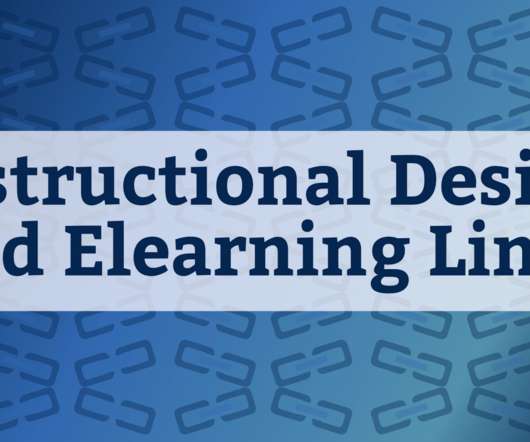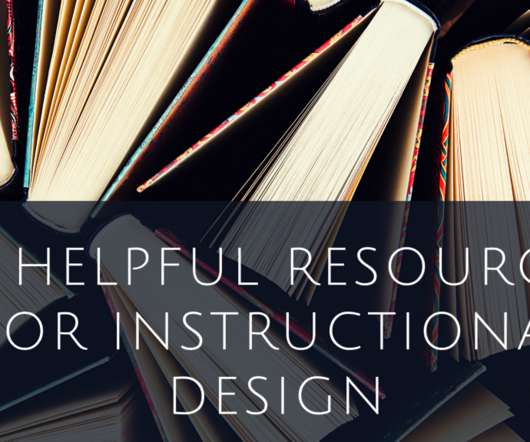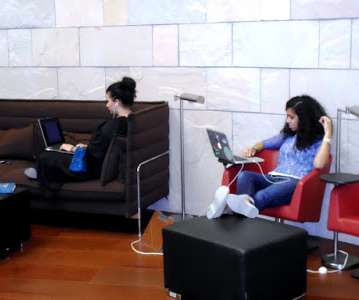AI Tools, Games, Freelancing: ID Links 2/14/23
Experiencing eLearning
FEBRUARY 14, 2023
The fields of instructional design, learning & development and learning theory have been shaped by a wide range of people over many years. In this post, we share a list of 100 people who are some of the most influential people within instructional design, learning and development, and learning theory.












































Let's personalize your content